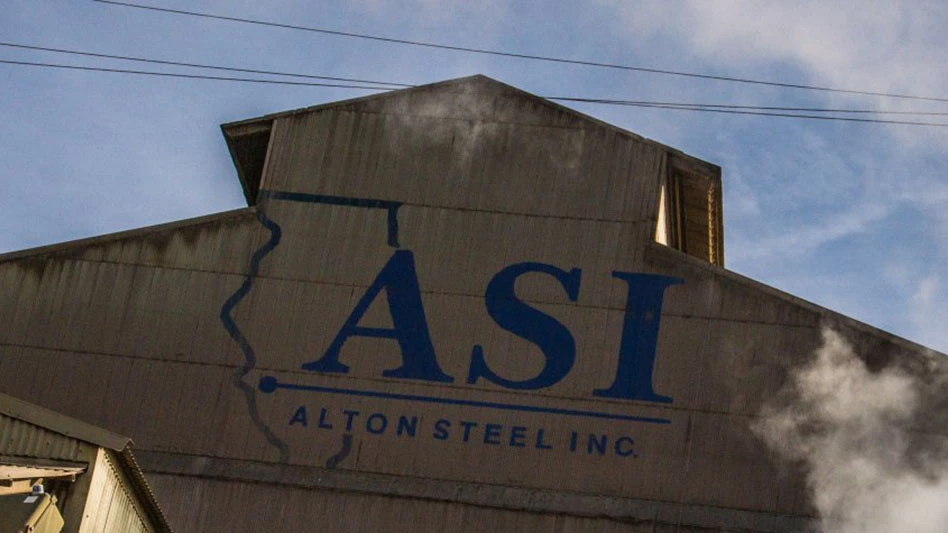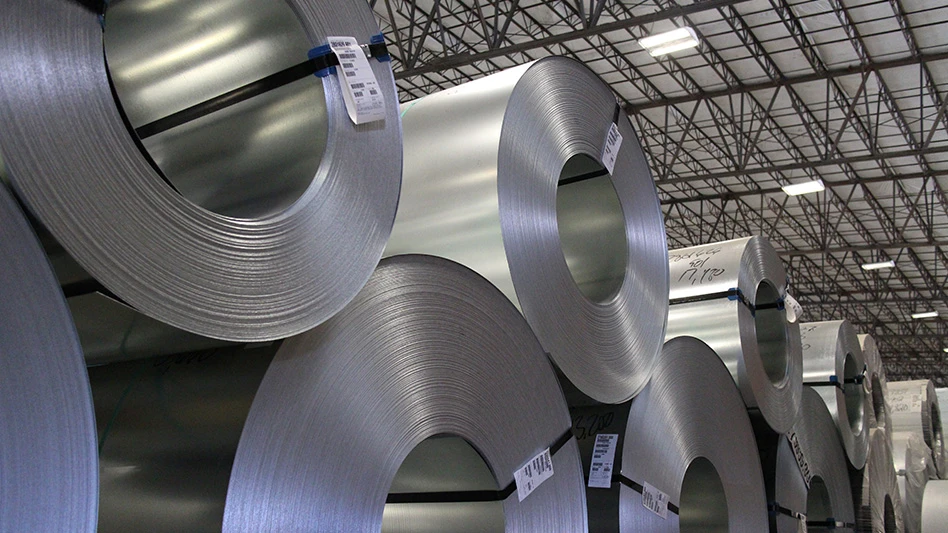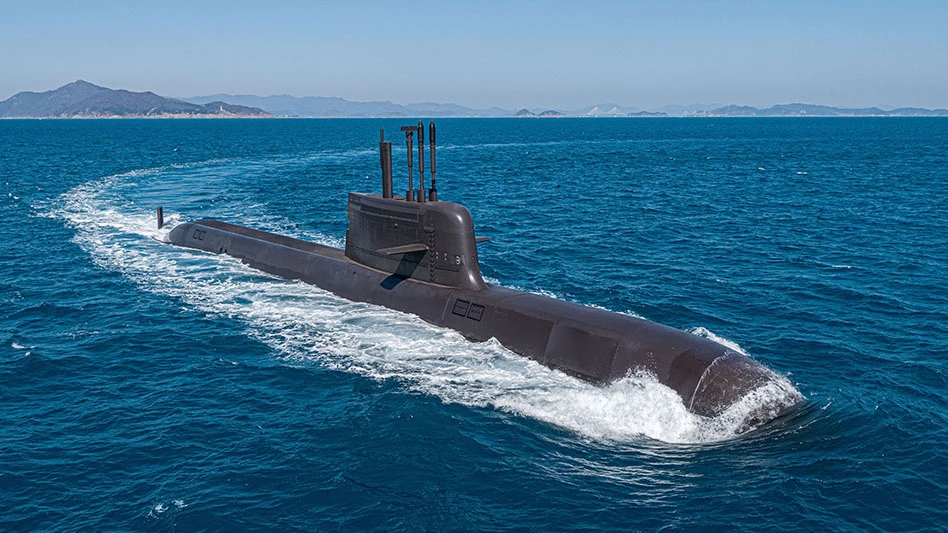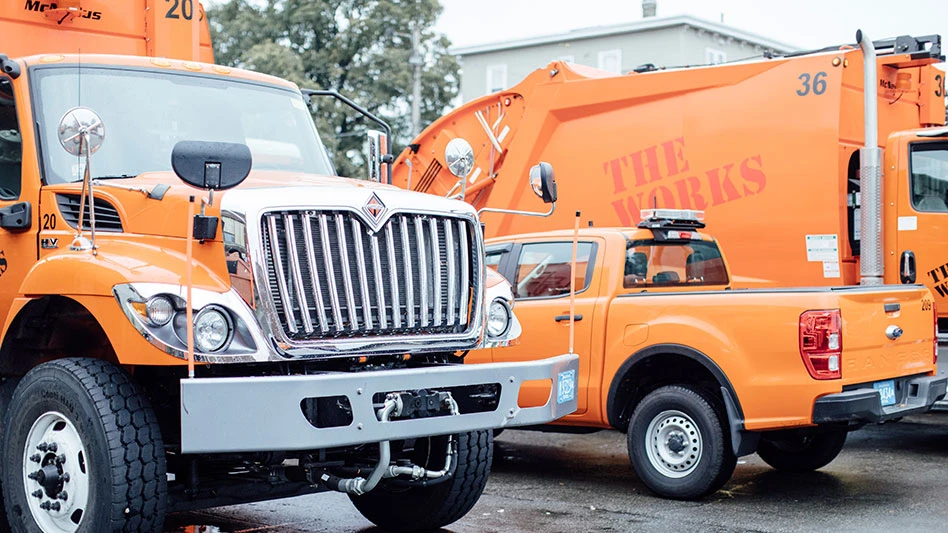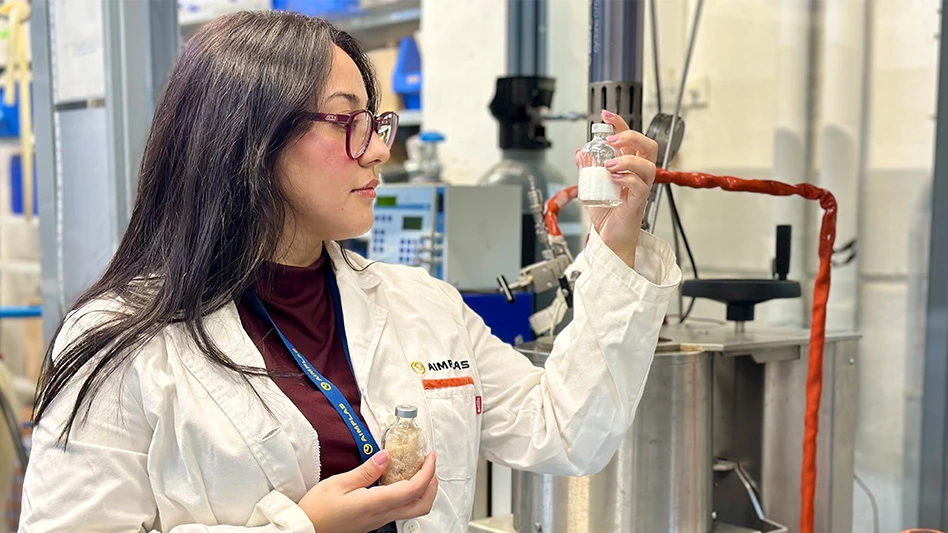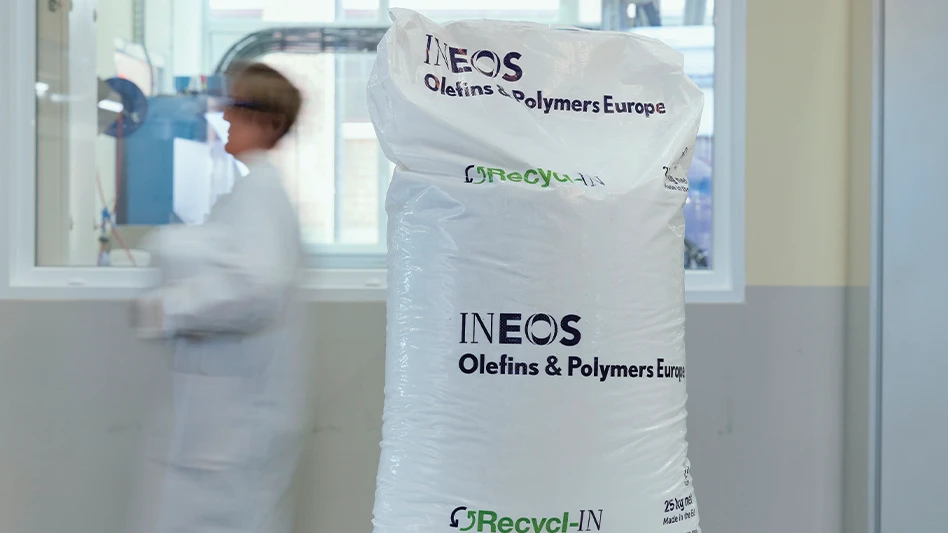A new company called Refil is making Refilament, a plastic filament for 3D printers from recycled plastic products, including automotive dashboards.
Refil was founded by the Rotterdam-based design agency Better Future Factory (BFF), which itself was founded by five alumni from the Delft University of Technology in the Netherlands.
The company presented Refilament at the 3D Printing Europe event held April 28, 2014, in Berlin.
“It took us about three years to develop our recycling process that transforms old plastic trash into usable new plastic filament,” the company says in a statement on its website.
The product is available in three colors, Refil says: dashboard black, refrigerator white and PET transparent.
The company says Refilament is made from car dashboards and PET (polyethylene terephthalate) bottles that are thoroughly cleaned and shredded into plastic flakes. The flakes are then filtered to remove all contaminants, melted and extruded into 1.75 millimeter or 2.85 millimeter string. This recycled refilament is then wound onto cardboard spools. Furthermore, Refil says, the recycled materials used to make Refilament are REACH- and RoHS-compliant, and Refilament has the same price and quality as ordinary filaments.
The Refilament is packaged on 100-percent-recycled cardboard spools that can be recycled, the company says.
The Refilament currently is available only through the company’s website, www.re-filament.com, though Refil says it is working to set up a reseller’s network.
BFF describes itself as a multidisciplinary design, environmental and engineering company that finds and develops creative, realistic and sustainable solutions.
Latest from Recycling Today
- Levitated Metals adds LIBS sorting technology
- Redwood Materials closes on $425M in Series E financing
- Updated: Wieland Chase expands northwest Ohio facility
- Recovered paper traders report lukewarm market
- SHFE trading expansion focuses on nickel
- Maverick Environmental Equipment opens Detroit area location
- International Paper completes sale of global cellulose fibers business
- Building a bridge to circularity
